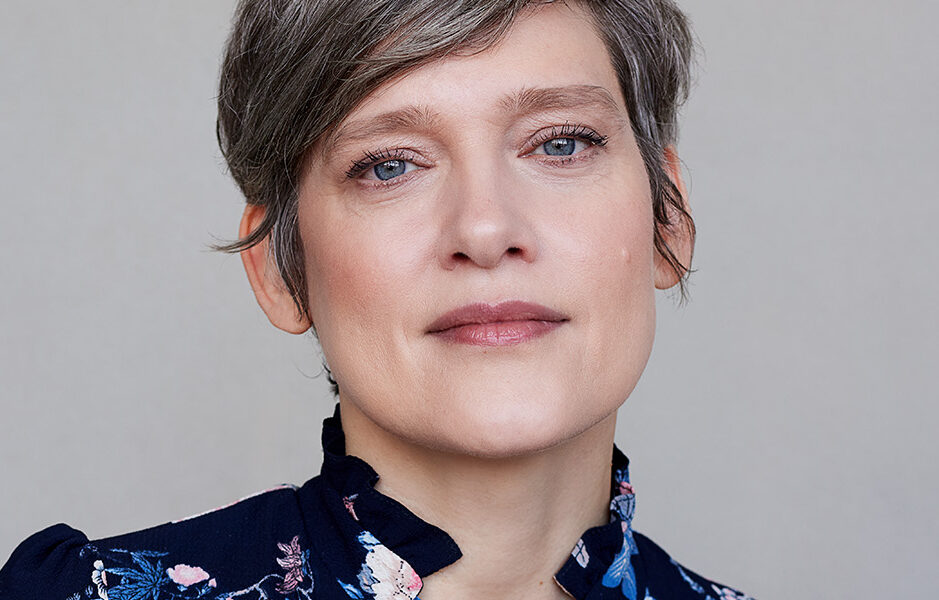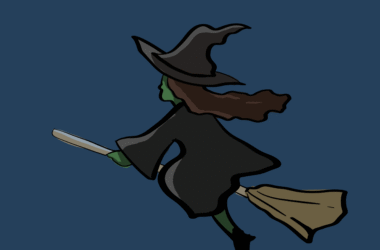“Oh here comes the torture” and “oh what crap” are phrases that acclaimed author Heather O’Neill uses to describe the harrowing experience of reciting passages from her novels in public. She is McGill’s Writer-In-Residence, known for her debut novel Lullabies for Little Criminals, which won Canada Reads (2007) and When We Lost Our Heads, her most recent bestseller.
O’Neil alluded that the re-read is one of the most harrowing experiences for young writers; it’s the dreaded moment when you realize that the masterpiece you wrote not 24 hours ago is one of the worst things you’ve ever read. Unfortunately, O’Neill confirmed in an interview with The Tribune that the 24-hour expiry date does not dissipate with age, acclaim, or experience.
As children, we hoped to be older and cooler with glossed lips and dyed hair. As teens, we hoped to be older and more sophisticated with our shit together. This much sought-after “final form writer” is as elusive as Peter Pan’s shadow. Once, an attendee at one of O’Neill’s book events asked her about an opinion of hers. She replied incredulously that she no longer agreed with that opinion and inquired when she had expressed it originally. The attendee replied that it had been no more than 20 minutes ago. Humans, flawed as we are, are trapped in a cycle of change as unpredictable as the Canadian weather.
As a child, O’Neill knew exactly what she wanted to be when she grew up. From reading out newspaper clippings at dinner to printing zines at 50 cents apiece, no one could deny that O’Neill was destined to be an author. She faced many “weird kid accusations” with her attempts to spark conversation about books. As many introverts will understand, O’Neill did not experience this as a loss, thriving in a world rich with ink-sketched companions. Not only could these characters satisfy the role of a friend, but O’Neill’s own characters became self-reflections. These are characters that O’Neill would get along with, while simultaneously tiring of them, knowing as much as she does.
When asked for her advice on writing, O’Neill encouraged young writers to embrace rejection.
“I just treat [rejection] like the flu,” she said in an interview with The Tribune. “I’m just gonna feel bad for three days […] but after three days I’m gonna feel fine.”
While O’Neill refers to writing specifically, these words of wisdom apply to rejections of all kinds. O’Neill also advises creating and enforcing deadlines to motivate oneself. Additionally, she discourages attaching weight to literary trends as a means of success.
”You just have to be saying things no one has said before […] You want to become the trend.”
O’Neill muses that she would have liked to tell her younger self to elicit attention from more older authors and “forcefully” encourage them to mentor her. For legal purposes, this is not a suggestion to harass senior citizens. As for her writing process, O’Neill likes to get right into it by sketching out scenes to see how her characters improve with one another. She alternates her writing projects in three-month increments to help keep ideas fresh.
O’Neill is looking forward to the release of her latest book this September; although specifics are top secret, she hinted that it may be her new favourite. Perhaps even more exciting is an idea that she pitched offhand, a podcast hosted by 80-year-old agoraphobic Heather who seldom interacts with people except to interview them from the comfort of her home.
A final word of wisdom for the lonely writers who feel like they’re just not good enough yet, awaiting that moment of “older and wiser”:
“[You] get to a certain age and you’re like ‘okay, this is as much as I’m gonna know, so I might as well go out there and be confident.’”
That age is right now. So get out there and write.







